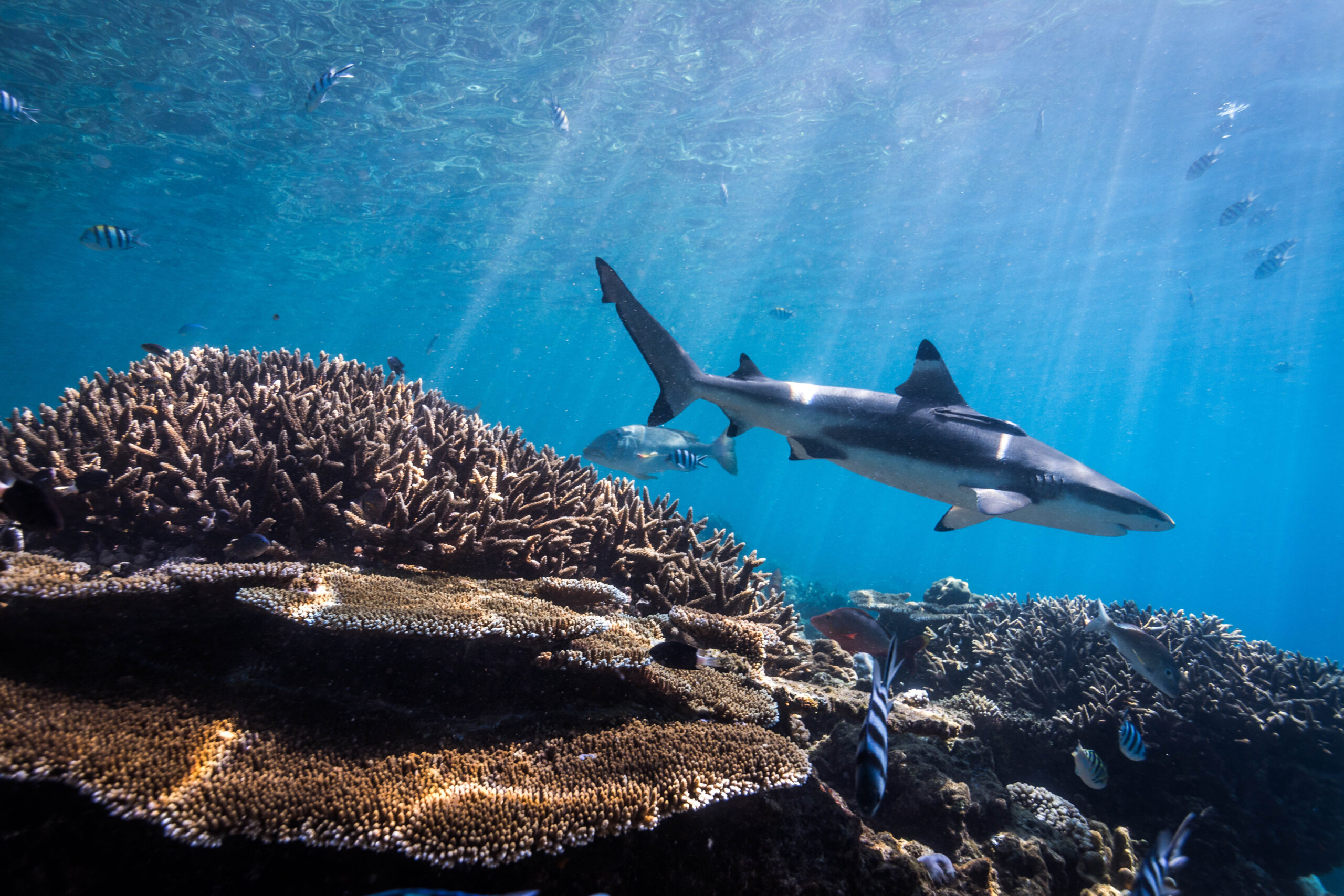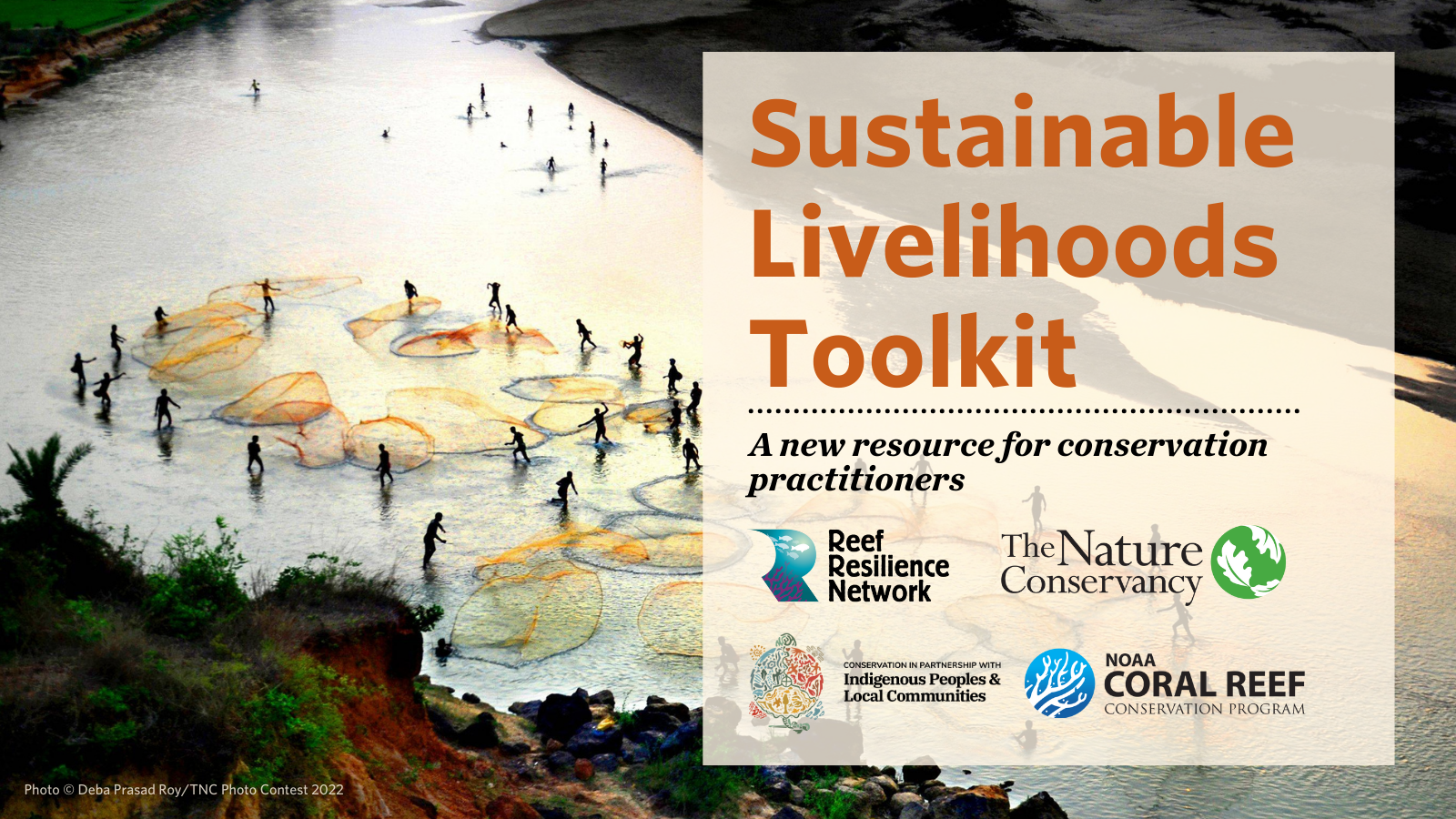Marine spatial planning (MSP) and ocean zoning is a holistic tool that spatially prioritizes management attention where it is most needed. MSP addresses conflicting uses by establishing clearly defined boundaries. These boundaries coordinate efforts across ecologically appropriate scales to achieve ecological, economic and social goals. This study analyzed demographic data, current and projected trends in climate change and ocean chemistry, and reef and fisheries models to produce expected changes by 2050. The analysis was used to inform best practices for MSP. Results show the effects of anthropogenic stress will not be uniform, and therefore, neither should management.
MSP recommends prioritizing attention to areas farther away from urban centers while integrating other factors such as habitat coverage, biodiversity, ecological connectivity, spawning locations, and areas of human use. Along with prioritization, MSP requires site-specific continued investment in research, monitoring and adaptive management. Communities must also be receptive and willing to engage in broader-scale change of practice. When implemented correctly, MSP can effectively address conservation, fishing, aquaculture, industry, trade and tourism. This tool also has the ability to encourage cross-sector management, capacity-building and leadership, conflict resolution, and efforts toward region-wide sustainability and reef resilience.
Author: Sale, P.F., T. Agardy, C.H. Ainsworth, B.E. Feist, J.D. Bell, P. Christie, O. Hoegh-Guldberg, P.J. Mumby, D.A. Feary, M.I. Saunders, T.M. Daw, S.J. Foale, P.S. Levin, K.C. Lindeman, K. Lorenzen, R.S. Pomeroy, E.H. Allison, R.H. Bradbury, J. Corrin, A.J. Edwards, D.O. Obura, Y.J. Sadovy de Mitcheson, M.A. Samoilys, and C. Sheppard
Year: 2014
View Full Article
Marine Pollution Bulletin 85: 8-23. doi: 10.1016/j.marpolbul.2014.06.005


